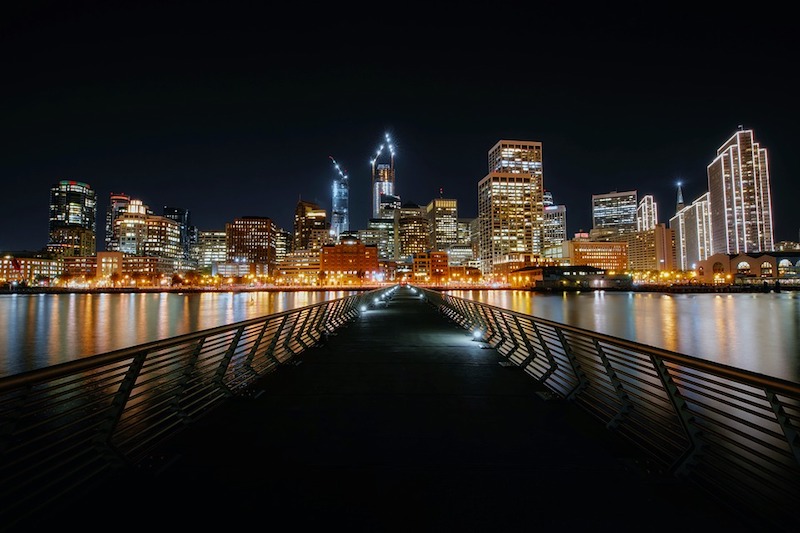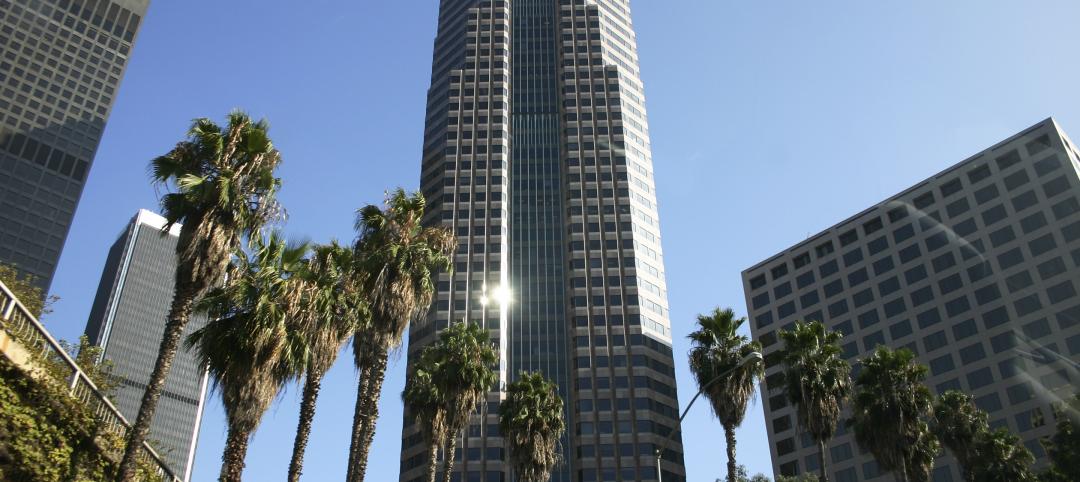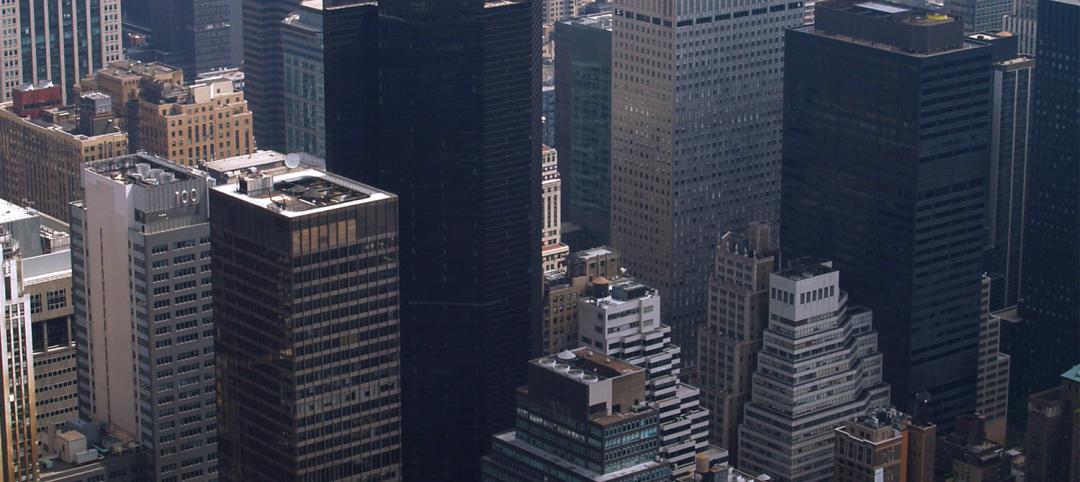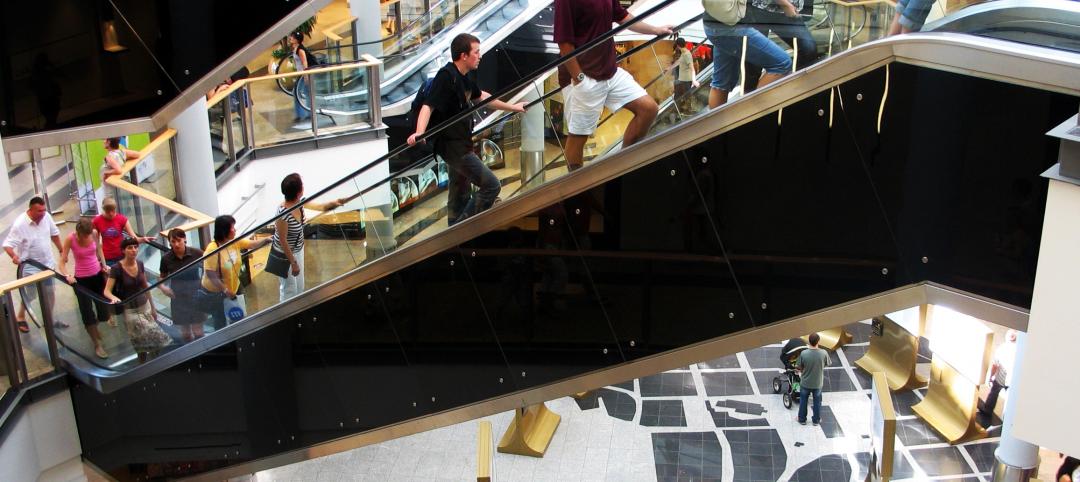San Francisco recently announced a plan that would require its largest private commercial buildings to run on 100% renewable electricity.
The first such requirement in the U.S. would be phased in next decade. By 2022, commercial buildings over 500,000 sf would have to meet the requirement. Two years later, buildings larger than 250,000 sf would fall under the rule. By 2030, all commercial buildings over 50,000 sf would have to comply.
San Francisco’s requirement is expected to reduce 21% of emissions from commercial buildings by 2030. That year, the goal is for the entire city to run on 100% renewable electricity. Almost half of the city’s emissions come from buildings, with half of those emissions coming from commercial buildings.
The city’s Board of Supervisors will debate the issue next month. City officials do not expect property owners to fight the plan.
Related Stories
| Oct 28, 2011
Los Angeles County mulling building codes for improving health
An ordinance would amend county building codes to promote better walking environments, encourage more bicycling, improve access to healthy foods (farmers markets, community gardens), and enhance project review requirements to ensure that developers include healthy-lifestyle components in their building plans.
| Oct 28, 2011
Bipartisan opposition to federal 3% withholding for contractors
Both major political parties and the Obama Administration support repealing a law that would withhold 3% of all government contracts.
| Oct 28, 2011
OSHA requires training module on top causes of construction deaths
The Occupational Health and Safety Administration (OSHA) now requires a training module on the top four causes of death for construction workers.
| Oct 28, 2011
New York City requiring building energy use to be posted online
Owners of every New York City commercial and residential building larger than 50,000 sf will have to post each building’s energy use online by 2013.
| Oct 28, 2011
New ISO standard for escalator safety
A new ISO standard specifies safety requirements for escalators and moving walks.
| Oct 20, 2011
LEED 2012 to require real-time energy, water use reporting
The LEED 2012 rating system, set to launch in November 2012, will contain features to make sure buildings function as intended, and improve over time.
| Oct 20, 2011
New York City moving to speedier, online design reviews
New York City is moving towards a development design review process that will let officials and developers review blueprints for new projects online in a virtual conference room rather than in person.
| Oct 20, 2011
Michigan bill would let private firms operate as a city’s building department
Michigan House Bill 5011 would change state’s building code to allow private companies to operate as a municipality's building department.
| Oct 20, 2011
Alabama’s strict immigration law drives away construction workers
Alabama's strict new immigration law is driving many construction workers and roofers from the state.
| Oct 20, 2011
Fed bill would allow school rehab funding via historic tax credits
Virginia Sens. Jim Webb (D) and Mark Warner (D) introduced a bill this month to rehab aging schools across the country through the use of historic tax credits.











